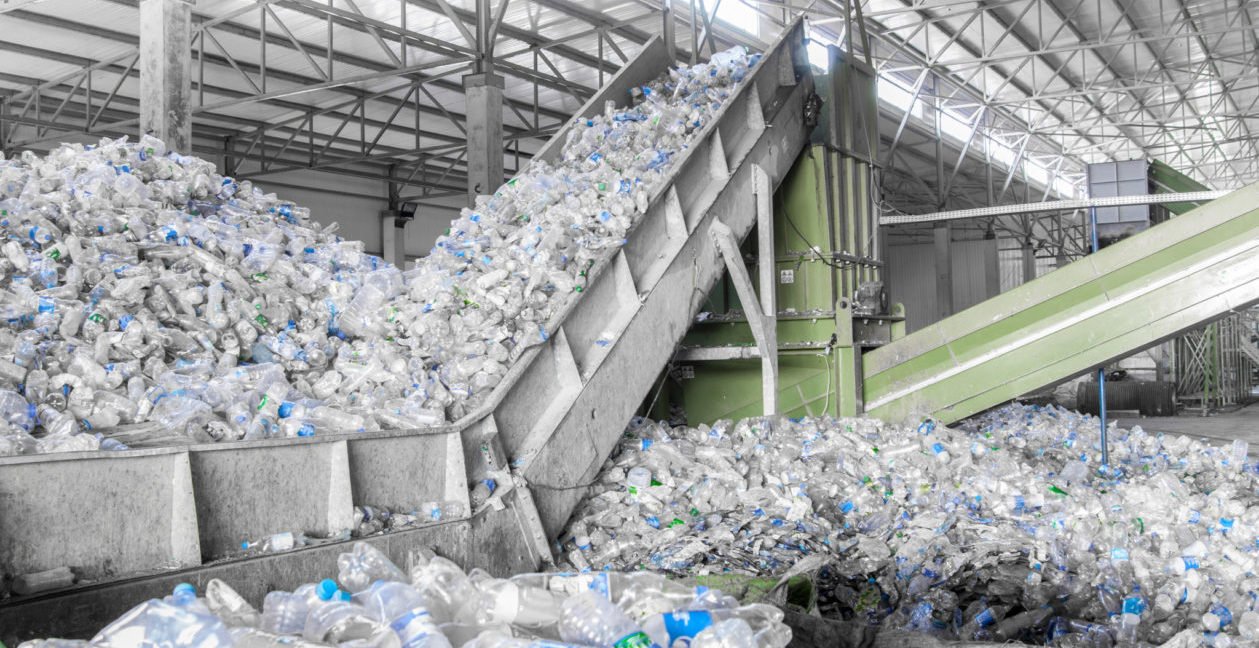The brain is a magnificent organ. But it is also vulnerable to subversion by external forces, including foreign governments or industrial interests, making it our Achilles’ heel. Indeed, one wonders if today’s consciousness movements are providing the neuromuscular output of an undermined mind. Of these movements, environmentalism—in particular, recycling—appears to be increasingly under industry’s spell.
It doesn’t take an army of neuroscientists to misdirect public brainpower on these matters. Like carnival hucksters looking for marks, industry can just make use of natural human inclinations and free markets. The aim is simple: Create new cultural institutions where people can deposit their attention far away from the real issues, which are the relentless market forces driving plastics consumption and production.

A prime example of misdirection is the 1971 “crying Indian” advertisement, an attention deflection campaign that promoted the idea that people’s littering was the main cause of environmental degradation. Few knew that the ad campaign was funded by a nonprofit called Keep America Beautiful, a wolf in grandma’s polyester Sunday best. That nonprofit was, in fact, funded by the polyester industry and other American pie institutions such as Phillip Morris and Coca-Cola. Speaking of pies, these are the same tactics the food industry later adopted to persuade the public that a lack of exercise was the culprit in the growing obesity epidemic. The industry took an ounce of truth and added pounds of flesh on unsuspecting American people until they became too big not to fail.
The best way to warm up to the truth about plastics is to look at the cold numbers. The plastics manufacturing industry is a $600 billion a year business that contributes to a $1.2 trillion a year business in plastic products. And the demand for plastic is expected to grow by an additional 40 percent over the next decade. The American Chemistry Council estimates that, to meet rising demand, $186 billion is being invested in 318 new projects to increase plastic production. The excitement and new investments going into plastics production are hardly signs of a public that is truly willing to consume less and an industry that is willing to produce less.
Meanwhile, the industry domesticates the public’s growing environmental consciousness and conscientiousness, not by countering the public’s stewardship but by leveraging it. Recycling serves the industry’s interests in at least two important ways.
First, recycling partially defuses people’s anger by giving them a sense that they have done their part in the environmental movement. From the industry’s perspective, giving the public this sense of control is essential, since feeling a lack of control inspires people to grab torches and pitchforks. Second, recycling is a way for the plastics industry to socially engineer a free public labor force that contributes to the industry’s sustainability. An old saying warns, “Don’t bite the hand that feeds you.” Well, don’t feed the mouth that bites you.

There’s more. Recycling has, from scratch, created a $200 billion a year industry that has been accused of misdeeds. As an industry that employs 500,000 people in the U.S., it may already have become too big to fail, and it will most likely keep getting fed.
Trusting this industry to find the solution—biodegradables, etc.—or police itself is hardly an ideal setup. If anything, the race-to-the-bottom nature of misaligned interests leads the market to find the worst possible outcome for the recycled plastic. More than half of the world’s recycled plastic used to end up in China, but they stopped buying it due to its environmental impact. When China thinks something stinks, it’s time for the world to wake up to reality. Today, a lot of recycled plastic ends up in landfills or is burned—good intentions literally going up in smoke.
Without embracing the principles of inclusive stakeholding to internalize these types of externalities, self-expanding beasts can corner the public into double binds like this: If you don’t recycle, you contribute to environmental degradation, and if you do recycle, you indirectly contribute to environmental degradation. It’s not unlike what happens when 100 million viable possibilities are winnowed down into two damned-if-you-do and damned-if-you-don’t presidential candidates.
Like Yossarian in Joseph Heller’s Catch-22, however, perhaps a more permanent solution to the seemingly intractable problem is hiding in plain sight. It may be as easy as walking away from the actual problem—which in this case means walking away from buying into the culture of consumerism.
Yet that may be the hardest thing to convince a brain to buy into.
Joon Yun and Eric Yun are principals of the Yun Family Foundation.







